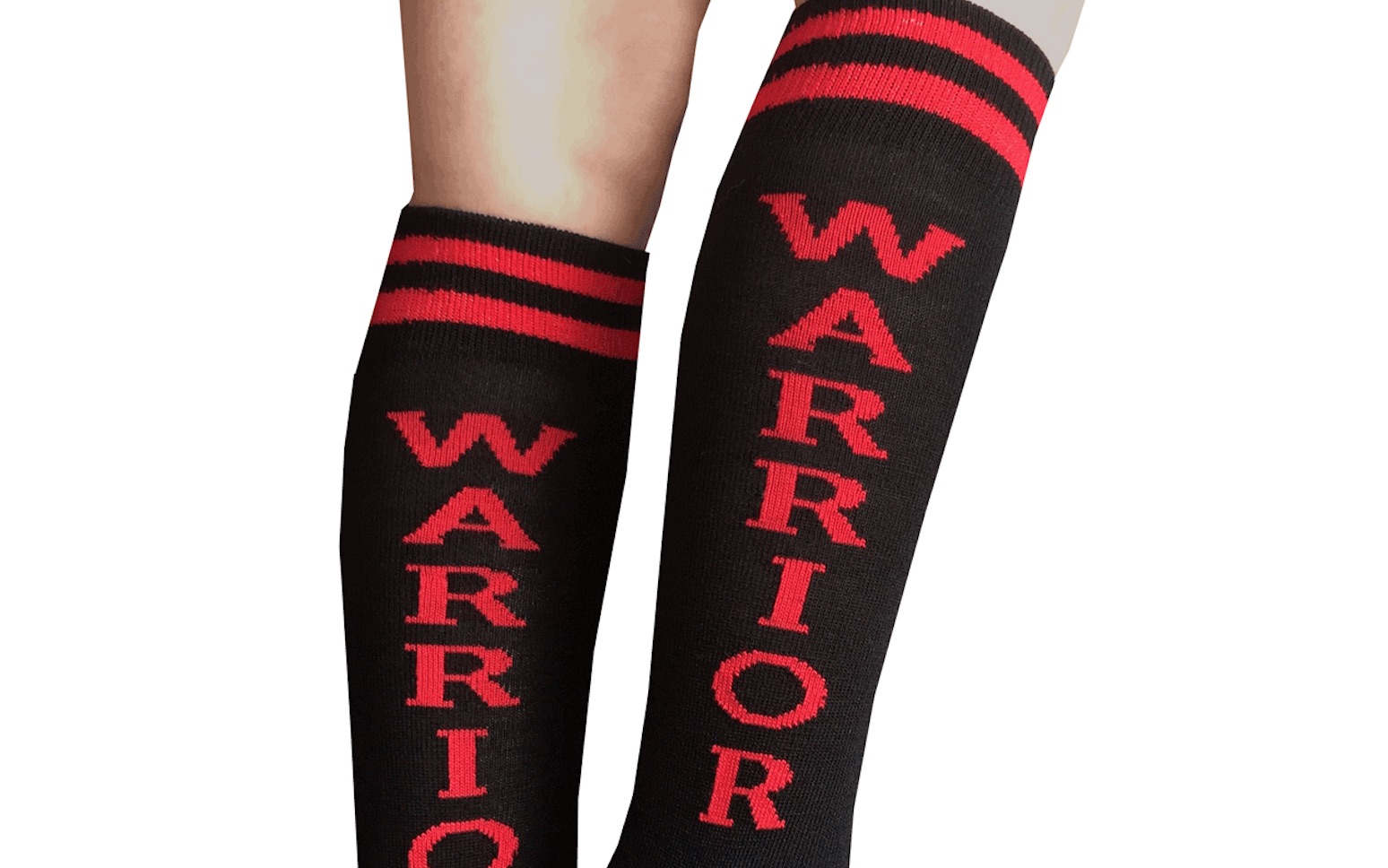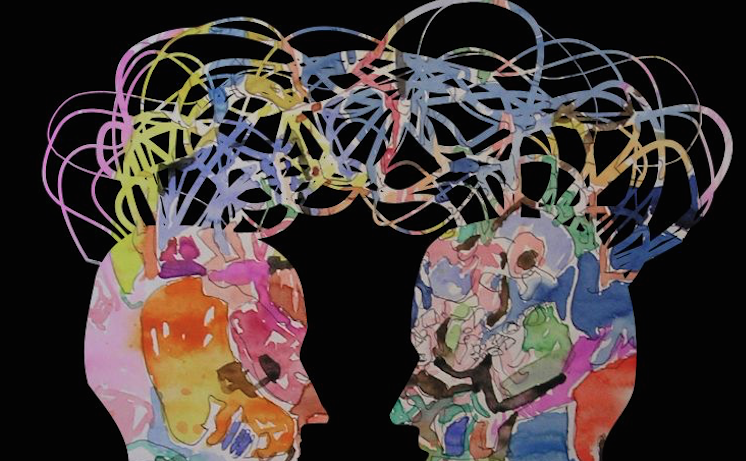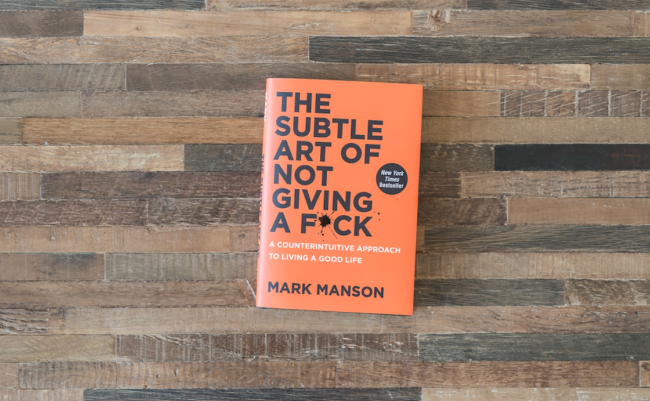In a profession that is dominated by women, some women feel that there is still much work to be done in terms of gender bias in volunteer and non-profit organizations. Workplace sexual harassment and sexism is rife in many industries, in fact, but tackling it is certainly not a one-size-fits-all approach. Why? Because both men and women experience sexism differently.
This article shares two different perspectives on gender discrimination in volunteer-based companies: one from a male and one from a female who have both worked at various volunteer organizations and various levels, and wanted to address this concern out in the open so that it will not become an issue.
Why are we sharing a male perspective when it is more common to hear about females being discriminated against in the workplace? Because like other issues relating to gender-based issues, perhaps having more male voices as part of the conversation will allow the other half of the population to take this issue seriously. In the interest of being fair and balanced we thought, why not! But on the same token, we certainly don’t want to diminish the fact that more women are harassed and feel marginalized in the workplace due to their gender than men.
Both perspectives below come from people with over 10 years’ experience volunteering at some of the world’s most recognized non-profit organizations and volunteer organizations, including Volunteer Thailand, and both started off at the entry level, and worked their way up to senior management before retiring.
The subject of this discussion was originally brought up by the female participant so it was a great opportunity to share two opposing perspectives to challenge people’s thinking about sexism in the workplace.
Her Experience…
It began with a job title, and ended in complete burnout after almost a decade of service.
After working for 3 years within a particular organization I was promoted to “Director of Volunteers”. I was enamored. However, I thought it odd, as I had never heard of a “Director of Employees” at a for-profit company, and the job title felt made up. Why have that title at a non-profit?
When you look at male dominated organizations, even the volunteer ones, they have fancier titles to go along with their occupation. Titles such as Campaign Coordinator, Coach, Alumni Activities Coordinator, and the like. Director of Volunteers sounded so phoney. It really ruined the experience for me. It felt like I was playing pretend.
I know it may seem trite to some people, but it seems so glaring to a large portion of women in the volunteer workforce.
There are so few males in volunteer organizations, so when you see one and learn of their title, it’s never “Director of Volunteers”. Further to my point, in such a female dominated profession, why are all the spokespeople for volunteer organizations men? Why are they the figureheads most of the time?
I believe that we must acknowledge and engage sexism in volunteer occupations. Far too many ladies feel undervalued, underpaid, and marginalized.
I know many female volunteer coordinators who try to be everything to everyone, all of the time. They feel like they want to earn their title and own it, and many burn out.
What’s worse is that if one woman was able to keep it up for a while, the person to replace them is deemed not as good if they can’t keep up. This differs from men, where if they don’t like the job, they move on. Yet a woman will carry it all on her back, and in some cases, shun away help from another female co-worker as to stand out and appear strong. There needs to be acknowledgement that because women are made to feel inferior through minor subliminal details like their job title that they are more likely to over compensate and burn out.
His Experience:
I was asked to come aboard by a male colleague I’d worked with at a company when we were in our thirties, and I was one of two men in our office of 13 volunteer employees.
In the beginning, I had no salary. I was in between opportunities and thought it would be an incredibly enriching experience to work with this specific organization.
On the Friday of my second week we had a budget meeting; the topic was how to reduce our internal working costs. As a volunteer who wasn’t being paid at the time, I still had a lot of experience in terms of corporate spending and I thought I could add to the discussion without sounding biased. I was there for free.
Well, the Director (a woman) didn’t like what I had to say, and when I came into the office on Monday there was a pink envelope waiting for me at my desk.
Across the top of the note enclosed were smiley face stickers and the note politely read:
“If you feel the need to express your anger during meetings, this may not be the best place for you. However, I am a team player and I understand; here’s a free month membership at the gym down the street to blow off steam should you feel the need. And don’t worry, we didn’t pay for it”.
That was my first experience with sexism while volunteering. The second time was when I asked our Director in front of other volunteers if she minded having lunch because I really wanted to clear the air with her and I felt bad she interpreted my hoarse voice as being abrasive.
One woman sitting at a desk nearby turned flush and her eyes darted at another woman across the room: I knew exactly what they were thinking.
Our Director said that she felt that a private lunch would be inappropriate as she didn’t “go on dates with volunteers”.
It was insane! Aside from never having to line up at the washroom, my first year unpaid was an absolute minefield. I was promoted to Director when my predecessor indicated that she didn’t feel comfortable managing a male volunteer in an effort to have me move on.
After assuming her role, 3 other women followed behind our former Director. I was deemed both threatening and a “brown-noser” who moved up to a paid role through sophomoric nepotism.
Your Thoughts…
Let us know in the comments what you think of these two stories. Do you think these are rare isolated incidents? If sexism exists in the world of volunteering and even in the workplace in general, should there be more male and female perspectives shared in order to tackle this issue? Will having more male perspectives overshadow and diminish the overwhelming amount of workplace harassment that happens toward women disproportionately?






















damnnnnnnn
I can empathize with the male perspective, when I accepted my admissions to graduate school in the field of social work, I was expecting this dynamic to be non existent as social workers pride themselves for emphasizing cultural competence. However, since the instructors, colleagues, and board directors are mostly female, anything that does not line up with their train of thought is seen as a gender discriminating conflict. I have now taken it upon myself to remain silent and learn how embrace any positive interactions I may have. However I can now see why men are promoted post graduating as they learn to pick their battles with women and learn that the conflicts are the nature of their biology regardless of their education. All they just need some guidance to direct their emotions, energy, and talents.